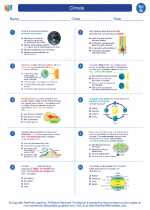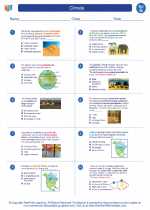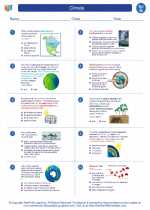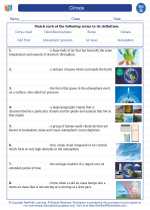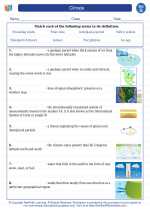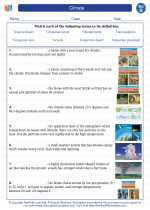Physics
Physics is the branch of science that deals with the study of matter, energy, and the interactions between them. It encompasses a wide range of topics including mechanics, thermodynamics, electricity, magnetism, and optics.
Key Concepts in Physics
- Mechanics: The study of motion and forces, including topics such as Newton's laws of motion, momentum, and energy.
- Thermodynamics: The study of heat, temperature, and energy transfer, including concepts such as the laws of thermodynamics and the behavior of gases.
- Electricity and Magnetism: The study of electric and magnetic fields, circuits, and electromagnetic radiation.
- Optics: The study of light and its interactions with matter, including topics such as reflection, refraction, and the behavior of lenses.
- Modern Physics: The study of topics such as quantum mechanics, relativity, and nuclear physics.
Study Tips for Physics
- Understand the Fundamentals: Physics builds on fundamental concepts such as force, energy, and motion. Take the time to understand these basic principles before moving on to more complex topics.
- Practice Problem-Solving: Physics is a problem-solving discipline. Practice solving problems related to the concepts you are learning to reinforce your understanding.
- Use Visual Aids: Physics often involves visualizing concepts such as motion, waves, and electromagnetic fields. Use diagrams, animations, and simulations to aid your understanding.
- Seek Help When Needed: If you encounter difficulties with a particular topic, don't hesitate to seek help from your teacher, tutor, or classmates.
- Apply the Concepts: Look for real-world examples of physics concepts in action. This can help you see the relevance and application of what you are learning.
Conclusion
Physics is a fascinating and diverse field of study that encompasses many fundamental principles of the natural world. By understanding key concepts and applying effective study strategies, you can develop a strong foundation in physics and appreciate its relevance in everyday life.
.

